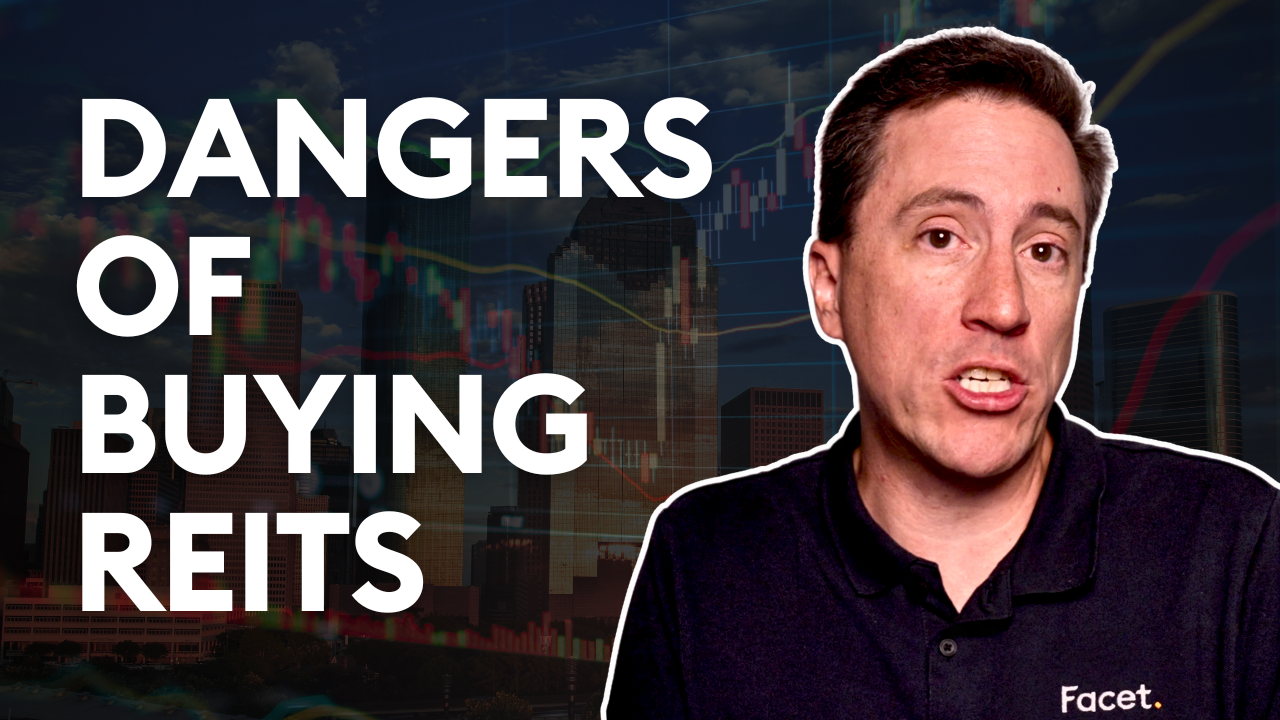
The information provided is based on the published date.
Key takeaways
- A move is much more than a physical change: it will affect virtually every part of your life
- Before moving, research housing and cost of living, taxes, insurance, schools, neighborhoods, and healthcare
- Recognize that a move is stressful, but there are many proactive steps you can take to reduce stress
- There are important updates you may need to make to avoid financial complications
You may be considering a move to another state for a wide variety of reasons: new job, career opportunity, to be closer to family, retirement, a new adventure, or just a higher quality of life. Most people focus on the move itself, but there’s a lot more to moving than packing and arranging for internet service.
A move to a new state can affect job and career opportunities, child care and education costs, housing decisions, income taxes, and even your insurance and estate planning needs. In short, a move to a new state impacts all aspects of your life, including your emotional, financial, occupational, and personal health and well-being.
Proactively planning for your move can make it a less stressful experience, give you clarity around the decisions you will need to make, and help you navigate every leg of the journey with greater confidence.
Three moves to get started
- Understand the emotional impact: Moving is one of the most stressful things in our lives, right up there with money and even divorce. Chances are you’ll experience some level of anxiety or stress. Knowing that in advance can help you remain calm and avoid making ill-informed decisions or costly mistakes. One of the best ways to reduce anxiety and stress is to get financially organized before your move.
- Get financially organized: Proactive organization will help you better see what you need to keep track of, information you need to update, and what changes you need to make. If you wait until after the move, you may find yourself overwhelmed with a never ending to-do list.
- Plan for moving costs: Of course, don’t forget to estimate and plan for the cost of the move. Costs will vary based on whether you’re opting for a DIY move or professional movers, but creating a rough budget can help you prepare and avoid arriving in your new town with a little less cash than you had planned. Be sure to budget for moving costs, storage, and transportation costs depending on the length of your move. Moving can easily cost $5,000 or $10,000, if not more.
What to consider before and after a move
Here’s a breakdown of the major to-do items that you should consider before and after your big move.
Finding a place to call home
If you’re selling your home as part of the move, it’s important to work with a real estate agent to help with the transaction to help you navigate the complexities associated with selling a home. The timing of the sale can impact your cash on hand for the move, your ability to purchase a new home, and your monthly cash flow. There might be an overlap in monthly payments for your current home and your new residence (which is normal), but you should account for the extra expenses and maybe even plan for a little extra wiggle room.
Whether you’re buying or renting your new home, get a sense of costs and what you can afford. A change in housing costs will have a significant impact on your budget.
Even if you own a home and plan to buy in your new area, it may be smarter to rent initially and give yourself time to better understand the neighborhoods, school systems, and culture of the area. That may mean moving twice, but could help you avoid a decision you might regret later. Renting can give you flexibility and more time to prepare for the costs of homeownership. There is no right or wrong answer, but being prepared and doing your research can help you make a smart decision.
Child care and education
For current or expecting parents, researching child care options, costs and quality may be critical to choosing a location to live. A good starting point is GreatSchools.org for reviews of schools. It’s also a good idea to research neighborhoods before you move; you’ll find extensive reports on neighborhoods at NeighborhoodScout.com.
Job and career opportunities
Moving has less of an impact on jobs and careers as more and more people work remotely, but it’s still important to understand the strength and diversity of the job market and the type of community that is present. This is especially true if two people are moving because one is starting a new job and the other needs to find one.
If you’re moving for work and you don’t receive a relocation package or other assistance from your employer, check whether or not any moving costs are tax deductible. It’s important to work with a tax professional or CPA to understand what is and isn’t deductible, so you can maximize your tax savings. Job hunting expenses may be tax deductible as well.
The rest of your financial landscape
As mentioned earlier, a move can affect all aspects of your financial life.
Cost of living: One big factor is a change in the cost of living. Imagine moving from Topeka, Kansas to San Francisco, California. The sticker shock would be overwhelming. Before making a move, get a general sense of what your new cost of living will look like. Use online calculators as a starting point, but realize your personal circumstances and general lifestyle will play a major role.
Taxes: Another factor that many people overlook is taxes. All states have different tax rules and regulations. Nine states have no income tax, while five have no sales tax. Some have flat tax rates, while others have a progressive tax structure where tax rates change as income rises. They also vary in how they tax pensions and Social Security income.
However, no state income tax does not always mean you are getting a free lunch. You have to look at other areas, like property and real estate taxes, to get the full picture. Do your homework to better understand what taxes you will owe and how you need to pay them (via payroll deduction or some other means). If you have state income taxes, remember to update your tax withholdings through work, and adjust them periodically, to ensure you don't have a big tax payment when you file your returns.
Auto and home insurance: Insurance costs to protect your home and vehicle will also vary widely depending on where you live. For example, living in Florida on the water will be more expensive than living in Western Maryland. If you plan to continue with your existing insurer, they can tell you what your new rates will be when you move.
Health insurance: For most people who work for a larger employer, your health insurance will likely be uninterrupted by your move, but you do need to look up local providers to make sure they are in-network. If you are self-employed or have a health care exchange policy, you will likely have to look for a new policy to cover your health care needs. Research the insurance exchange in your new state before you move to see your options. Contact your health insurance provider to assure seamless medical coverage during and after the move.
Estate planning: Estate planning laws and tax also vary widely. When you move to a new state, you should plan to update all of your estate planning documents (will, financial power of attorney, health care power of attorney).
Finally, for married couples, different states treat the things you own (also called your assets such as homes, cars, and investments) differently. Understanding the importance of how you own your assets, such as whose names are on a deed, vehicle title, or bank account, is critical to making decisions regarding legal ownership and property rights, tax consequences, creditor protection, where assets go following a divorce, and avoiding what could be very costly estate planning mistakes.
What to update after the move
After you’ve moved and are ready to enjoy your new town or city it’s also important to update all of your official documentation, including:
- Change of address and voter registration information
- Personal profile information with your employer (if staying with the same company)
- Car title and driver's license
- Bank, credit, investment account information
- Insurance policies
Some of these processes, such as registering a vehicle, have strict deadlines, so avoiding a delay can save you a lot of issues.
A move is so much more than moving
While a move is often seen as just a physical relocation, it can have a very real impact on your entire life today and for years to come. Everything from the emotional elements of a move and settling into a new community to your job and career to your financial situation will be impacted.
Proactively planning for the move and making informed decisions can reduce the stress and anxiety that comes with all moves (and financial decisions), give you greater clarity around your next chapter, and help you navigate the move with confidence.
Facet
Facet Wealth, Inc. (“Facet”) is an SEC registered investment adviser headquartered in Baltimore, Maryland. This is not an offer to sell securities or the solicitation of an offer to purchase securities. This is not investment, financial, legal, or tax advice. Past performance is not a guarantee of future performance.


